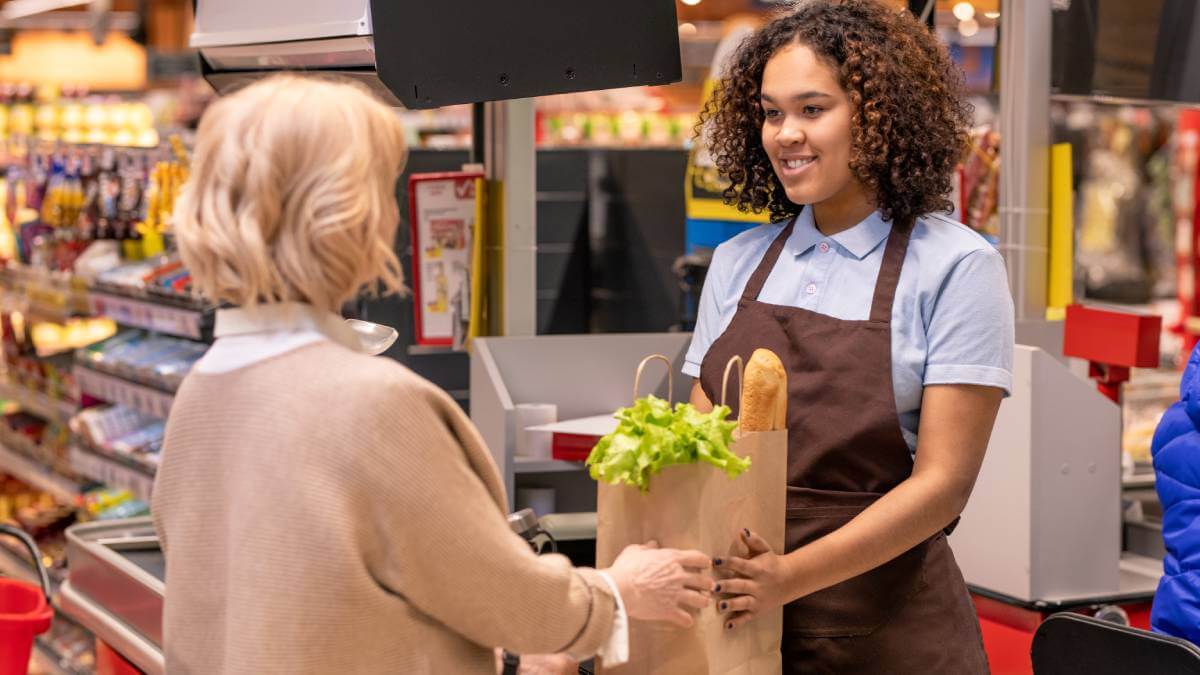For many people, supermarkets are a necessary evil. You get in and out as quickly as you can. But anyone who has ever worked in a supermarket will know there are the ‘regulars’.
Not the weekly shoppers, but the daily, and sometimes twice-daily shoppers. And almost every one of them will be an older person.
Many come in first thing, some even waiting at the door, and they often make a beeline for their favourite check-out operator. And they love a chat.
A shop I worked at had a very slow check-out operator, but on closer inspection it was because the customers loved her to bits and always stopped for a chat. She probably brought in more customers than any, super dooper half-price special.
Jumbo effort
Could this relationship be one plank on a platform to improve loneliness?
The Netherlands’ second-largest supermarket chain, Jumbo, introduced a ‘chat check-out’, or Klestskassa in Dutch, which is exactly what it sounds like. A check-out where you can chat.
Anyway, it turns out it was so successful the family owned chain has installed them across 200 stores. They’ve also added coffee corners to encourage even more chatting.
Jumbo executive Colette Cloosterman-van Eerd said the initiative reflected the supermarket’s part in the community.
“Many people, especially the elderly, sometimes feel lonely. As a family business and supermarket chain, we are at the heart of society. Our shops are an important meeting place for many people, and we want to play a role in identifying and reducing loneliness,” Ms Cloosterman-van Eerd said.
The initiative has been enthusiastically accepted by staff.
“We are proud our staff want to work the chat check-out.
Small gesture
“They really want to help people and make contact with them. It’s a small gesture but it’s a valuable one, particularly in a world that is becoming more digital and faster.”
Staff also volunteer their own time to help out with shopping and gardening.
Research shows that one in four Australian adults experience feelings of loneliness. It is a major health risk for physical and mental health conditions including depression and anxiety, high blood pressure, cognitive decline and heart disease.
Although you could argue that supermarkets also cause those problems.
I don’t know if a dedicated lane would work in Australia. Apart from anything, it’s so difficult to get someone on a check-out as it is, much less a ‘speciality’ check-out that would take more time.
I admire the sentiment, but I’m not waiting in line for someone else to have a chat.
Maybe the solution is to offer training to staff to help engage with older or more vulnerable customers.
Would you use a chatty check-out? Do you think they are a good idea? Why not share your opinion in the comments section below?
Also read: Why supermarket telehealth service has upset some medical professionals

